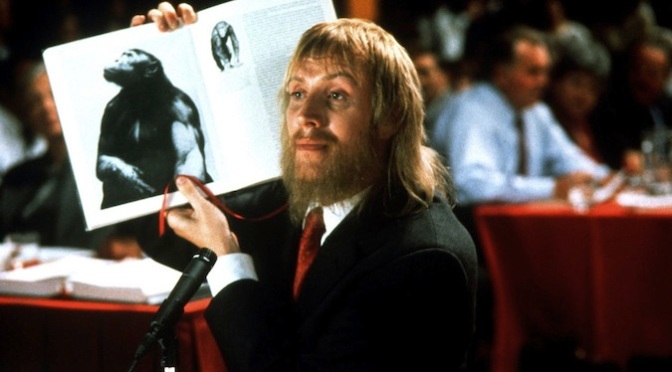I would like to start off this review by stating plainly that this is my all-time favorite film. I would never go to such lengths as to suggest that this is the “best” film ever made, but rather that it contains all the things that I truly care about in a movie — simply good writing, good acting, and an enlightening theme. I put a lot of emphasis on a film’s ability to speak to me in an emotional and personal way. Good WIll Hunting brought me to tears; it wrenched my gut with laughter; it inspired me, and it made me want to go out into the world searching for something special to call my own. This film won two Oscars in 1998, one for Best Original Screenplay, accepted by Matt Damon and Ben Affleck, and one for Best Actor in a Supporting Role, awarded to Robin Williams. I would like to dedicate this review to the memory of this remarkable man, whose passing, even months later, pains me deeply. We love you, Robin.
It is no surprise that this film spends a lot of its run-time focused on Will’s (Matt Damon) therapy sessions with Sean McGuire (Robin Williams), considering that a major theme of the film is about overcoming the obstacles that we make for ourselves within our own minds. Will has serious difficulty with allowing new people into his life in any real and significant way because the first people that were meant to love him, his parents, deserted him. This is why Will hangs up on Skylar (Minnie Driver) after running out into the rain to call her on a payphone; this is why he simply cannot bring himself to say that he loves her, even though he wants to, even though it breaks her heart that he won’t. This is an issue that nearly all of us deal with to some degree or another. The complete desire to do one thing, but to be so inhibited from doing so because of various psychological dilemmas is undeniably a common and quite frustrating problem. Will goes further, masking his issues by adopting the persona of an aloof, no-shit-giving punk. He’s a janitor who evenly divides his time between batting cages and bars.










